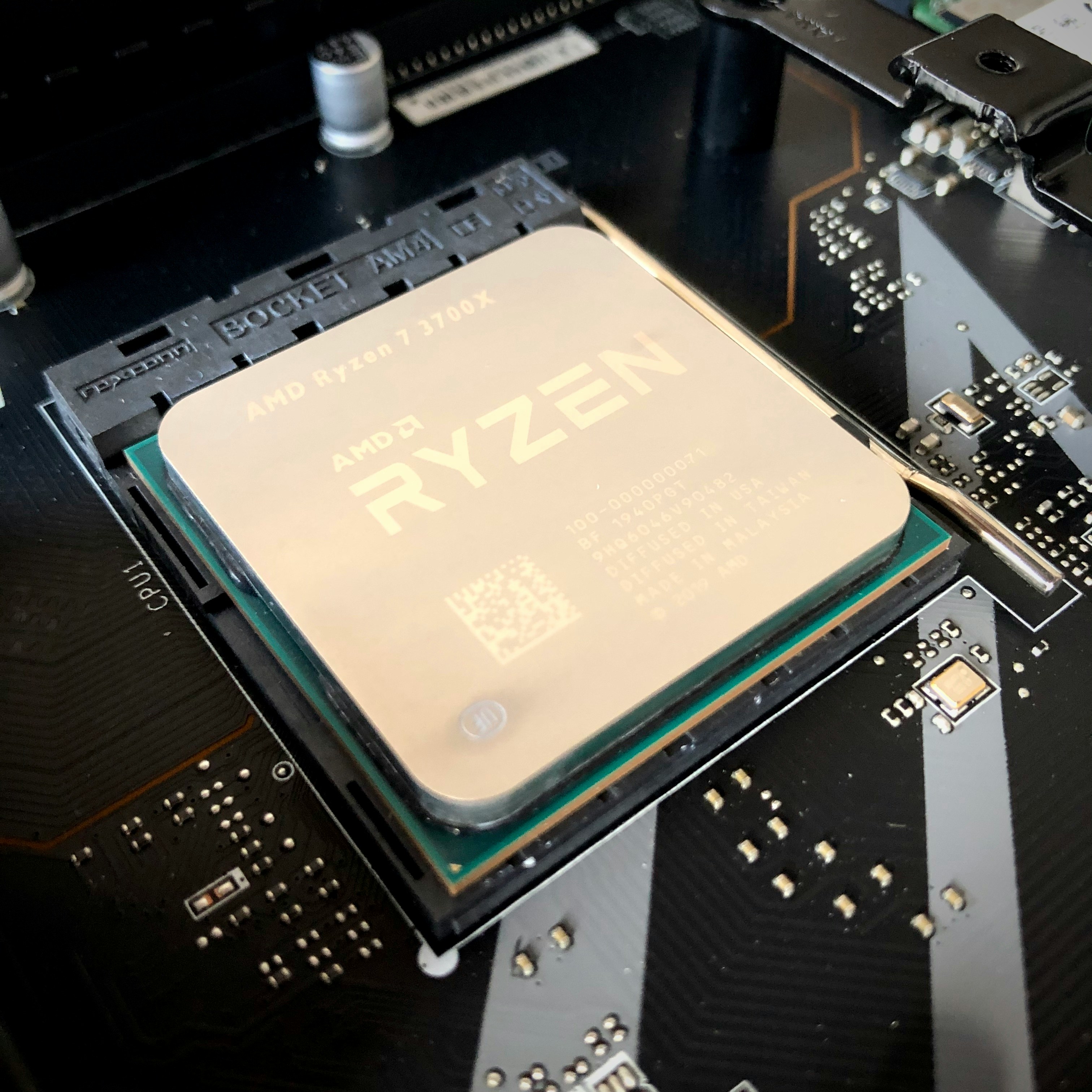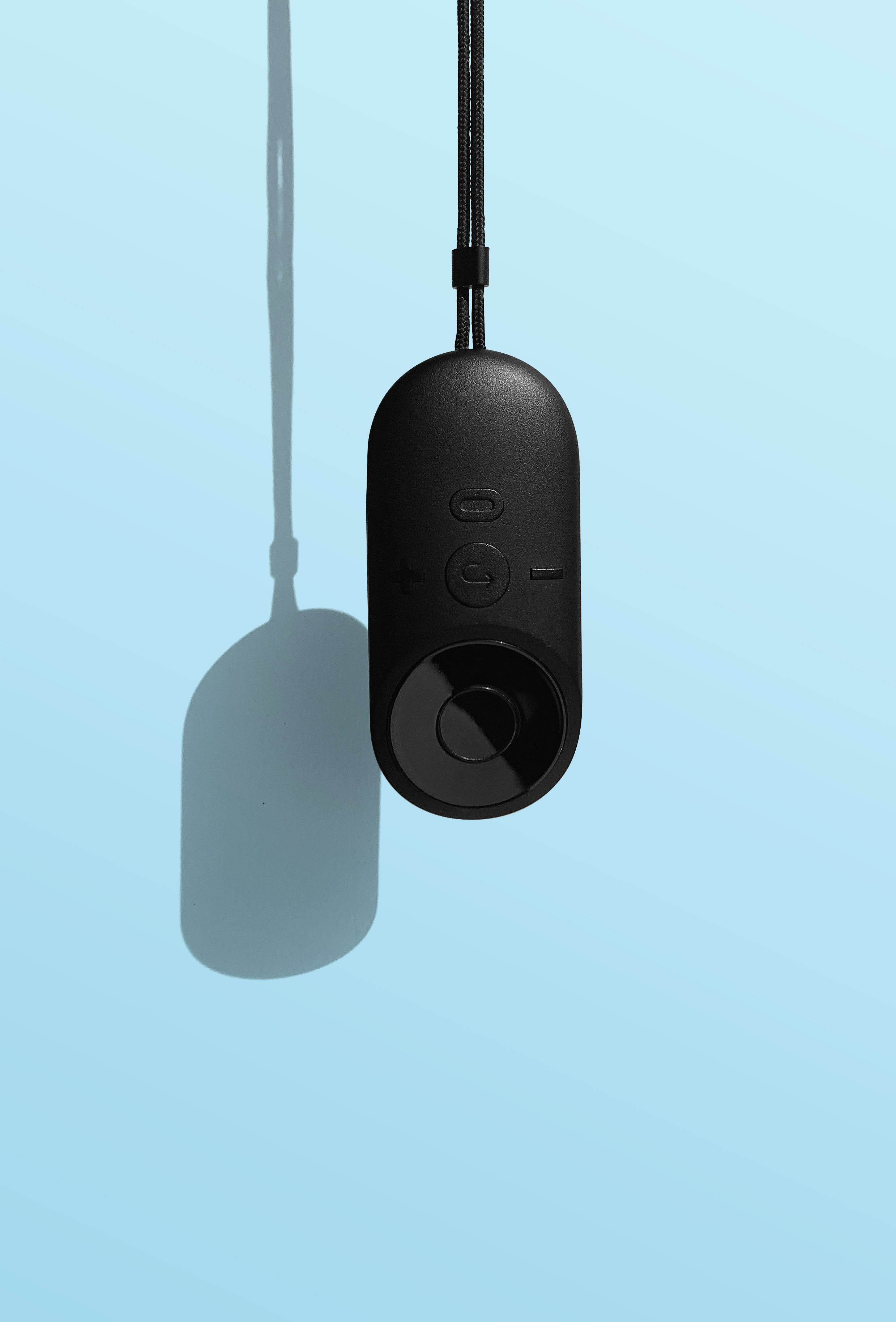Choosing the Right Generator for Outages
- Orthodox Electric
- Oct 31, 2024
- 9 min read
Power outages can strike at any time. They can be a mere inconvenience or, in severe cases, a potential safety hazard.
Having a reliable generator can make all the difference. It ensures that your essential appliances and devices continue to function, providing comfort and security during an outage.
But how do you choose the right generator for your needs?
This guide will help you navigate the process. We'll explore different types of generators, from portable and standby generators to eco-friendly solar-powered options.
We'll also delve into important considerations like power capacity, fuel efficiency, safety features, and maintenance requirements.
by Milin John (https://unsplash.com/@milinjohn)
By the end of this guide, you'll be equipped with the knowledge to make an informed decision when choosing a generator for power outages. Let's get started.
Understanding Your Power Needs
Choosing the right generator begins with understanding your power requirements. Knowing your needs ensures that your generator can handle the load.
Start by identifying which appliances are critical during an outage. This includes essentials like refrigerators and HVAC systems.
Next, it's important to calculate the total wattage needed. This involves adding up the wattage of each device you plan to power.
Consider the implications of running these devices simultaneously versus in succession. This difference affects the size and type of generator suitable for your use.
Here's a simple checklist to help:
List all essential appliances and devices.
Note each device's wattage.
Consider additional power for startup and running.
Evaluate seasonal needs like heating and cooling.
With this information, you'll better understand the generator capacity required to support your home or business in an outage.
Assessing Essential Appliances and Devices
Determining which appliances need power during an outage is crucial. Not all devices are equally important.
Start with life-sustaining equipment, like medical devices. Then consider refrigeration for food storage and climate control systems.
Lastly, think about additional comforts, like lighting and entertainment systems. Prioritize based on your unique needs and household configuration.
Calculating Wattage Requirements
Calculating wattage requirements helps you choose a generator that won't be overloaded. Begin by listing each essential appliance or device.
Most devices will display their wattage on a label. If not, you can find this information in the product manual or online.
For some appliances, consider both starting and running watts.
For example:
Refrigerator: 1200 starting watts, 200 running watts
Space heater: 1500 watts
Lights: 100 watts per bulb
"by Douglas Sheppard (https://unsplash.com/@candjstudios)"
Add the starting wattages for devices that kick-start, then the running watts for continuous operation. This will give you a clear picture of total power demand.
Considering Total Cost of Ownership
It's not just the initial purchase price of a generator that matters. You must also consider long-term costs.
Factor in fuel expenses, especially during prolonged outages. Efficiency varies, affecting refueling frequency and expenses.
Routine maintenance is another important cost. Regular servicing ensures your generator operates safely and reliably.
Additionally, consider the cost of installation. Standby generators often require professional setup, which can add to the total expense.
By considering these factors, you can make a cost-effective choice that meets your needs now and in the future.
Types of Generators
Generators are available in various forms to suit different needs. Each type offers unique benefits and considerations.
Understanding the differences among portable, standby, inverter, and solar-powered generators helps in making the right choice. Each type serves distinct functions and power requirements.
Portable Generators
Portable generators offer flexibility and mobility. They are often more affordable and are ideal for temporary power needs.
These generators are perfect for camping trips, outdoor events, or emergency situations at home. They usually run on gasoline and require manual start.
"by Alexandra Tran (https://unsplash.com/@schimiggy)"
One thing to consider is the noise level, which can be significant. This makes them less suited for residential neighborhoods with strict noise ordinances.
Additionally, portable generators should never be used indoors due to carbon monoxide risks. They need adequate ventilation to ensure safety.
Standby Generators
Standby generators provide automatic, seamless power backup. Permanently installed, these units are connected directly to your home’s electrical system.
They kick in when there’s an outage, usually fueled by propane or natural gas. This ensures you have an unlimited fuel supply as long as your utility service is active.
"by Sarah Dorweiler (https://unsplash.com/@sarahdorweiler)"
Standby generators are ideal for long-term power outages and typically have higher power capacities. They can power an entire home, covering all essential and comfort appliances.
However, standby generators come with higher initial costs. They also require professional installation, which needs consideration during planning.
Inverter Generators
Inverter generators are a more modern option, known for their efficiency and quiet operation. They are great for powering sensitive electronics.
These units adjust engine speed based on power requirements, resulting in lower fuel consumption. They can run quieter compared to conventional generators.
"by Olivier Collet (https://unsplash.com/@ocollet)"
Their compact and lightweight design offers portability, making them easy to transport. Inverter generators are particularly suitable for camping or RV use.
One consideration is that their power output is often lower than traditional generators. They are best for smaller loads rather than powering an entire home.
Solar-Powered and Eco-Friendly Options
Solar-powered generators are a green alternative, harnessing the power of the sun for energy. They use solar panels to charge batteries, offering an emissions-free option.
These generators are great for those looking to reduce their environmental footprint. They can be especially useful in remote areas without access to traditional fuels.
"by Kiran CK (https://unsplash.com/@kiranck123)"
One major advantage is the lack of fuel costs. However, their ability to generate power depends on sunlight availability, which can be a drawback.
Solar generators are typically more suitable for powering small electronic devices. Large household appliances might exceed their power capabilities.
Fuel Options and Efficiency
Fuel choice is a crucial aspect when selecting a generator. Different fuels impact efficiency and convenience differently.
Generators can run on various fuels, including gasoline, diesel, propane, and natural gas. Each type has pros and cons regarding availability and storage.
Evaluating fuel efficiency and consumption rates helps determine long-term operating costs. Selecting the right fuel source can balance cost and convenience.
Gasoline, Diesel, Propane, and Natural Gas
Gasoline is widely available and relatively inexpensive. It's a common choice for portable generators but has a limited shelf life.
Diesel generators are known for their efficiency and durability. They are less flammable, making them safer for storage but tend to cost more.
Propane generators offer clean energy with fewer emissions. They provide a more extended shelf life and run quietly, a favorable trait for residential areas.
Natural gas is convenient for standby generators as it offers an uninterrupted supply. It's environmentally friendlier but requires a connection to utility pipelines.
"by Erol Ahmed (https://unsplash.com/@erol)"
Each fuel type affects the generator's performance, cost, and maintenance needs. Understanding these differences can aid in making a well-informed decision.
Solar Energy and Battery Storage
Solar energy is a renewable option, eliminating fuel dependency. Solar-powered generators capture sunlight to charge internal batteries.
This method of power generation is clean and sustainable, perfect for eco-conscious users. It requires less maintenance as there are no moving parts involved.
"by Giorgio Trovato (https://unsplash.com/@giorgiotrovato)"
However, the efficiency of solar generators depends on the weather. Cloudy days or shaded areas can limit power generation.
Battery storage solutions enhance the potential of solar energy. They allow power consumption even when sunlight is unavailable, offering consistent output.
Safety and Maintenance
Safety and maintenance are top priorities when using generators. Neglecting these aspects can lead to serious risks or reduced performance.
Generators can pose hazards if not used correctly. Maintaining them properly ensures they function reliably during emergencies.
Regular checks and safety measures protect users and prolong the life of the generator.
Carbon Monoxide Risks and Proper Ventilation
Generators produce carbon monoxide, an odorless gas that can be deadly without proper handling. Ensuring adequate ventilation is crucial for safety.
Always operate generators outdoors and away from windows or doors. Using indoors can lead to dangerous gas buildup.
Installing carbon monoxide detectors in your home provides an extra layer of safety. These devices alert you if CO levels become unsafe.
"by Morgan Sessions (https://unsplash.com/@morgansessions)"
Proper ventilation reduces risk, keeping you and your loved ones safe during power outages.
Regular Testing and Maintenance Schedules
Routine testing identifies potential issues before they become serious problems. It's essential for ensuring generator readiness.
Scheduling regular maintenance helps maintain efficiency and extends the generator's lifespan. Follow the manufacturer's recommendations for servicing intervals.
Regular oil changes, cleaning, and inspections keep your generator in peak condition. Attention to these details prevents unexpected breakdowns during outages.
Minor repairs should be addressed promptly to avoid bigger issues. Keep spare parts handy for quick fixes during emergencies.
Transfer Switches and Safe Installation
Transfer switches are key for safely integrating generators with home electrical systems. They prevent dangerous backfeeding into utility lines.
A professionally installed transfer switch ensures safe and seamless transition between power sources. It's an essential component for standby generator setups.
Choosing the right switch type depends on your generator and household power needs. Manual and automatic options provide different levels of convenience.
"by Alexandra Gorn (https://unsplash.com/@alexagorn)"
Correct installation protects utility workers and your devices. It simplifies the power transfer process during an outage.
Additional Features to Consider
Generators come with various features that enhance user convenience and safety. Understanding these can help you make a smarter purchase.
Look for features that align with your needs. Consider both current requirements and potential future needs.
Prioritize features that offer improved safety, efficiency, or ease of use. These can greatly enhance your generator experience.
Noise Levels and Local Ordinances
Noise levels can significantly impact your choice of generator, particularly in residential areas. Generators can be noisy, which is troublesome in quiet neighborhoods.
Check local noise ordinances before purchasing a generator. This ensures compliance and avoids potential fines or complaints.
Choose models designed for quiet operation. Many modern generators offer reduced noise levels without compromising performance.
Portability and Storage
Portability is a major consideration for those needing flexibility. Portable generators offer mobility, making them suitable for diverse situations.
Look for models with wheels or handles. These features make transportation and storage easier and more practical.
When not in use, your generator should be stored safely. A garage or shed provides security and protection from elements.
"by Alicia Steels (https://unsplash.com/@aliciasteels)"
Ensure storage space accounts for generator size, promoting easy access when needed.
Smart Features and Remote Monitoring
Technological advances have brought smart features to generators. These offer increased control and monitoring capabilities.
Remote monitoring allows you to check generator status via a smartphone app. This enhances convenience and ensures you are always informed.
Consider models with automatic alerts or maintenance reminders. These features promote timely upkeep and prevent unexpected failures.
Smart generators often come with energy management systems. These optimize efficiency and prolong generator lifespan, providing a valuable upgrade.
Conclusion: Making the Right Choice
Choosing the right generator for your needs requires careful consideration. Begin by evaluating your power requirements and assessing essential features.
Think about the type of outages you encounter. Match the generator to your home's or business's specific demands.
Don't underestimate the importance of safety and maintenance features. These ensure reliable operation and prolong equipment life.
By keeping these factors in mind, you make an informed decision. This guarantees you select a generator that meets your emergency power needs effectively.
FAQs
How do I determine the right size generator for my home?
Start by listing all the essential appliances you'll need during an outage. This usually includes refrigerators, lights, and electronics. Calculate the total wattage required by adding up the power needs of each appliance. Consider starting watts, which are temporarily higher than running watts when an appliance is first powered on. This approach ensures your generator can handle the load comfortably without overloading.
Can I install a generator myself, or do I need a professional?
While you might be tempted to install a generator yourself, professional installation is often advisable, especially for standby models. A professional ensures that all safety protocols are followed, including proper ventilation and transfer switch installation. Mistakes during installation can lead to safety hazards or equipment damage, so it's essential to weigh the benefits of expert help.
What should I do to maintain my generator?
Routine maintenance is key to a generator's reliability and lifespan. Start by checking oil levels regularly. Replace oil and air filters as recommended by the manufacturer. Keep the generator clean and free of debris. It's also crucial to start your generator periodically to ensure it's in working condition. This proactive approach minimizes the risk of malfunction during an actual outage.
How often should I test my generator?
Regular testing ensures your generator is ready when needed. Aim to test it at least once a month. During these tests, power your generator with a load to mimic real usage conditions. This helps confirm its operational efficiency. Additionally, follow the maintenance schedule outlined in the manual to keep it running smoothly. Regular checks build confidence in its reliability during an emergency.




Comments